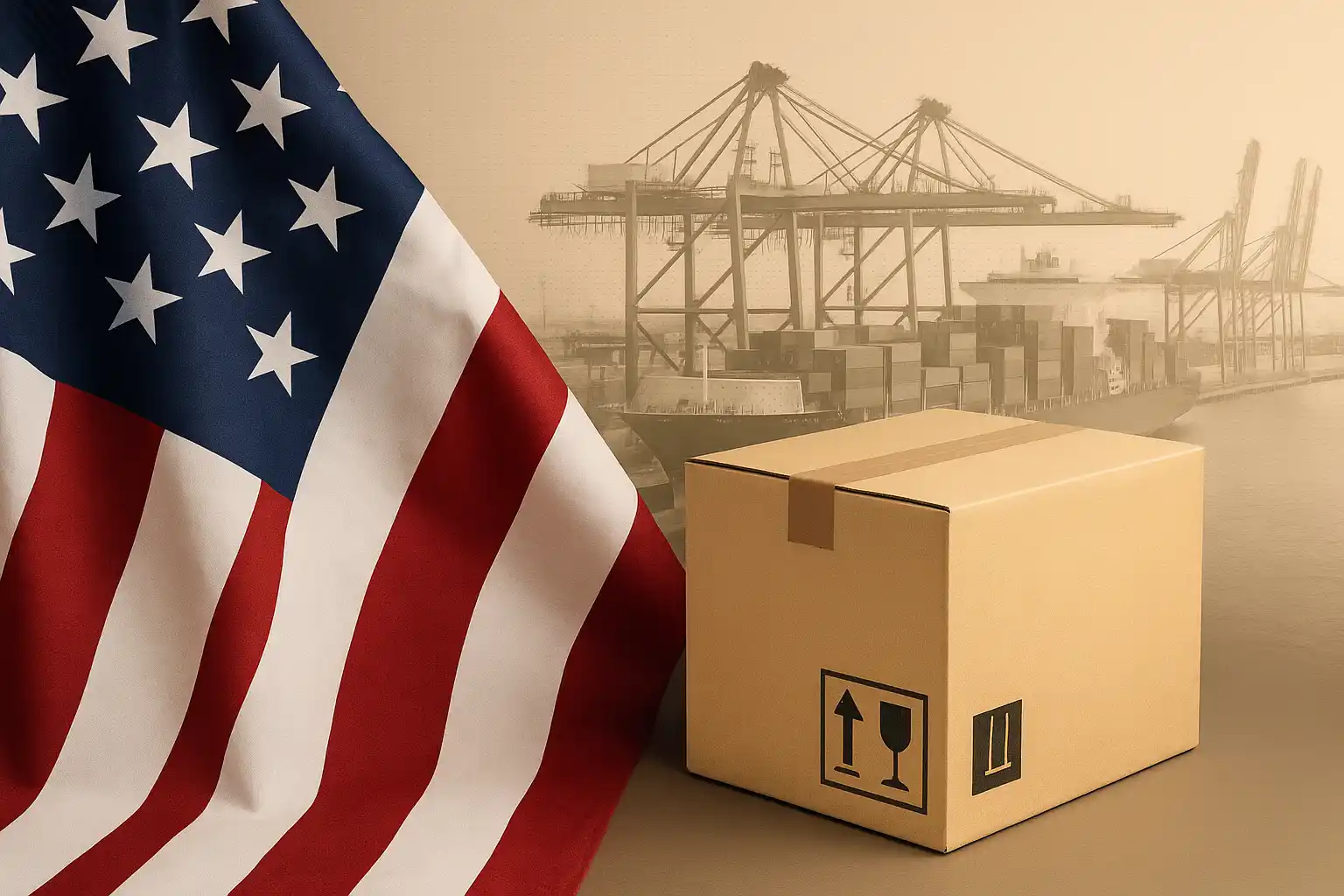Introduction
Sustainability in logistics is a vital concept that aims to minimize the environmental impact of transportation and distribution while maximizing economic and social benefits. With the increasing demand for goods and services, the logistics industry is responsible for a significant share of greenhouse gas emissions and other environmental pollution.
It is crucial to adopt sustainable logistics practices to reduce the industry's impact on the environment and ensure a more sustainable future.
Logistics is a complex process that involves the movement of goods from one point to another, including transportation, storage, and distribution. The industry plays a vital role in the global economy, facilitating trade and commerce worldwide. However, the industry's rapid growth has led to several environmental and social challenges, such as air pollution, greenhouse gas emissions, congestion, and safety issues. Addressing these challenges and promoting sustainable logistics practices has become more critical than ever.
Challenges in Sustainable Logistics
Implementing sustainable logistics practices can be challenging, as it requires significant changes in traditional business methods. Some of the main challenges that companies face when implementing sustainable logistics practices include:
- Cost: Sustainable logistics practices often require significant investments in new technologies and infrastructure, which can be costly for companies.
- Lack of Regulations: In many countries, there is a lack of regulations or incentives to encourage companies to adopt sustainable logistics practices, making it challenging to implement these practices on a large scale.
- Inadequate Technology: There is a lack of adequate technology to support sustainable logistics practices, such as efficient route planning software or intermodal transportation infrastructure.
Sustainable Solutions in Logistics
Despite the challenges, several sustainable logistics solutions have been implemented successfully. These solutions aim to minimize the environmental impact of logistics operations while maximizing efficiency and cost-effectiveness. Some of the sustainable logistics solutions that are gaining traction include:
Efficient route planning involves using technology to optimize delivery routes and reduce transportation time, fuel consumption, and emissions. By using real-time data, such as traffic information and weather forecasts, companies can plan their vehicles' most efficient and environmentally friendly routes.
Intermodal transportation involves using multiple modes of transportation, such as rail, road, and sea, to transport goods. This approach can reduce the environmental impact of transportation by using more energy-efficient modes of transportation, such as trains or ships, for long-haul routes and trucks for shorter distances.
Green vehicles include electric, hybrid, and other low-emission vehicles that use alternative fuels such as biofuels, hydrogen, or electricity. These vehicles are becoming more popular in logistics operations as they emit fewer pollutants and greenhouse gases than traditional vehicles.
Renewable energy sources such as solar and wind power are increasingly being used to power logistics operations. For example, companies can install solar panels in their warehouses or use wind turbines to generate electricity for their vehicles or facilities.
Collaborative transportation involves combining multiple shipments from different companies into a single vehicle to reduce transportation costs and emissions. Logistics operations can reduce their environmental impact by sharing vehicles and collaborating with other companies while improving efficiency and reducing costs.
Benefits of Sustainable Logistics
Sustainable logistics practices can provide several benefits, including:
- Economic Benefits: Sustainable logistics practices can reduce transportation costs by optimizing routes, reducing fuel consumption, and improving efficiency. This can lead to significant cost savings for companies.
- Environmental Benefits: Sustainable logistics practices can reduce the environmental impact of transportation by minimizing emissions, reducing energy consumption, and preserving natural resources.
- Social Benefits: Sustainable logistics practices can also have social benefits, such as improving air quality, reducing traffic congestion, and promoting public health and safety.
Several companies have already adopted sustainable logistics practices and have seen the benefits.
Future of Sustainable Logistics
The future of sustainable logistics looks promising, with several emerging technologies and trends likely to shape the industry. Some of the technologies and trends that are likely to have a significant impact on sustainable logistics in the future include:
As technology and trends progress, sustainable logistics practices are expected to become more efficient, cost-effective, and environmentally friendly.

Adopting sustainable logistics practices is essential for the industry's long-term sustainability and growth. Companies need to recognize the benefits of sustainable logistics and invest in technologies and practices that minimize their environmental impact while maximizing efficiency and cost-effectiveness. By doing so, they can contribute to a more sustainable and prosperous future for everyone.
Conclusion
Sustainability in logistics is a crucial concept that aims to promote a more sustainable and efficient transportation and distribution system. While implementing sustainable logistics practices can be challenging, the benefits are significant and far-reaching. Sustainable logistics practices can help companies reduce costs, improve efficiency, and minimize their environmental impact while also promoting social benefits such as public health and safety.
As the logistics industry continues to grow, adopting sustainable logistics practices is more important than ever to ensure a more sustainable and prosperous future for everyone. By investing in new technologies and practices such as efficient route planning, intermodal transportation, and green vehicles, companies can minimize their environmental impact while maximizing their economic and social benefits.
Let's work together to build a more sustainable future for the logistics industry and the world.

.webp)



